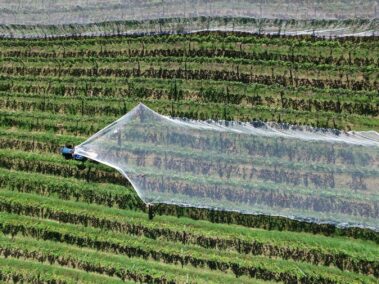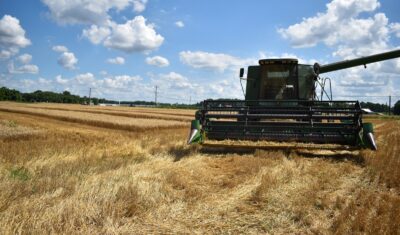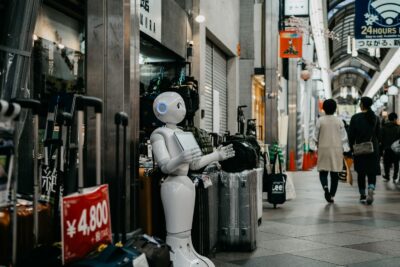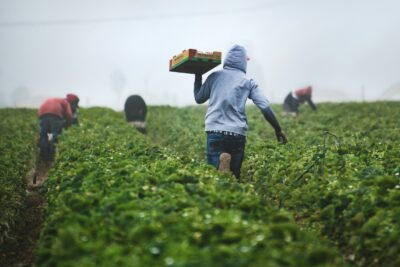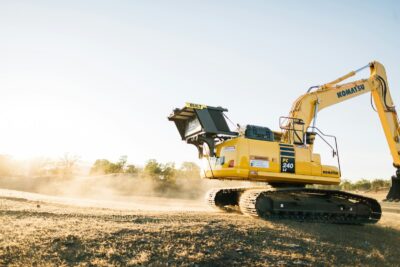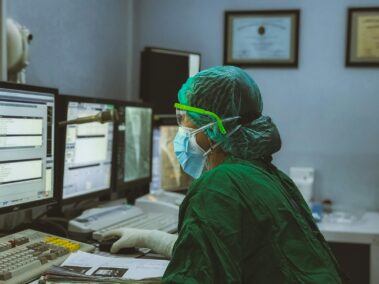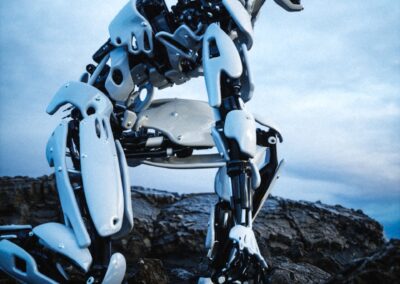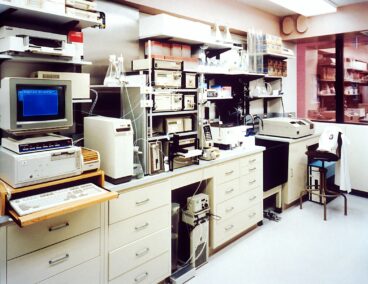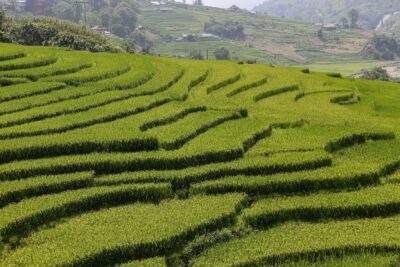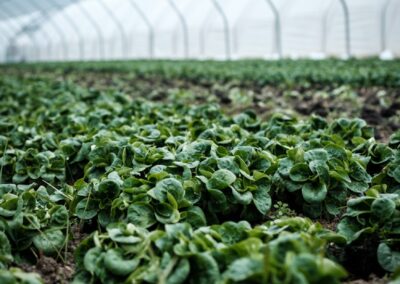Future Prospects and Challenges
As technology continues to advance, the role of AI-powered robots in agriculture is expected to expand further. From autonomous tractors and drones to robotic weeders and harvesters, the possibilities are vast. However, challenges such as high initial costs, data privacy concerns, and the need for specialized training remain barriers to widespread adoption. Nevertheless, with ongoing research and development efforts, coupled with government support and industry collaboration, AI-powered robots are poised to revolutionize agriculture and usher in a new era of sustainable food production.
The Growing Importance of Precision Agriculture
In the ever-evolving landscape of agriculture, precision and sustainability have become paramount. With the world’s population steadily increasing, there is a pressing need to maximize agricultural output while minimizing environmental impact. This is where AI-powered robots are stepping in, revolutionizing traditional farming practices and paving the way for a more efficient and sustainable future. In Saudi Arabia and the UAE, where arid climates pose significant challenges to agriculture, the adoption of AI technologies is particularly crucial in ensuring food security and economic stability.
Enhancing Efficiency and Sustainability
AI-powered robots are equipped with advanced sensors, cameras, and machine learning algorithms that enable them to perform a wide range of tasks with unparalleled precision. From planting and monitoring crops to managing irrigation and detecting pests, these robots streamline agricultural operations, resulting in higher yields and reduced resource usage. In Riyadh and Dubai, where water scarcity is a pressing concern, the implementation of AI-powered irrigation systems has proven to be a game-changer, allowing farmers to optimize water usage and minimize wastage.
Transforming Farm Management
One of the most significant advantages of AI-powered robots in agriculture is their ability to collect and analyze vast amounts of data in real-time. By leveraging data analytics and predictive modeling, farmers can make data-driven decisions to optimize crop production, mitigate risks, and maximize profitability. In Saudi Arabia’s quest for agricultural self-sufficiency through initiatives like the “Green Saudi” and “Green Middle East” projects, AI technologies play a pivotal role in driving innovation and productivity in the sector.
Addressing Labor Shortages
Another challenge that AI-powered robots help address is the shortage of skilled labor in the agricultural sector. With the migration of rural populations to urban areas and an aging workforce, many countries face a dwindling agricultural labor force. AI-powered robots offer a solution by automating repetitive tasks and reducing the reliance on human labor. This not only addresses labor shortages but also improves overall efficiency and productivity in farming operations.
The Role of AI in Sustainable Agriculture
AI-powered robots are at the forefront of sustainable agriculture, offering innovative solutions to complex challenges. By precisely targeting inputs such as water, fertilizers, and pesticides, these robots minimize waste and environmental impact while maximizing crop yields. In regions like Saudi Arabia and the UAE, where agricultural resources are scarce, the adoption of sustainable farming practices facilitated by AI technologies is critical for long-term food security and ecological preservation.
Empowering Farmers with Data-Driven Insights
One of the most significant benefits of AI-powered robots is their ability to generate actionable insights from agricultural data. By analyzing factors such as soil composition, weather patterns, and crop health, these robots provide farmers with valuable information to optimize their farming practices. In Riyadh and Dubai, where the agricultural sector is undergoing rapid transformation, access to real-time data insights enables farmers to make informed decisions and adapt to changing conditions, ultimately improving productivity and profitability.
Catalyzing Economic Growth and Innovation
Beyond the farm, the integration of AI technologies into agriculture stimulates economic growth and fosters innovation. In Saudi Arabia and the UAE, governments are investing heavily in agritech initiatives to drive technological advancements and create new opportunities in the agricultural sector. By supporting research and development in AI-powered robotics, these countries are positioning themselves as leaders in agricultural innovation, attracting investment and talent while bolstering their food security strategies for the future.
#PrecisionAgriculture #SustainableFarming #AIinAgriculture #RoboticTechnology #AgriculturalInnovation #SaudiArabia #UAE #Riyadh #Dubai #FoodSecurity #EnvironmentalSustainability


